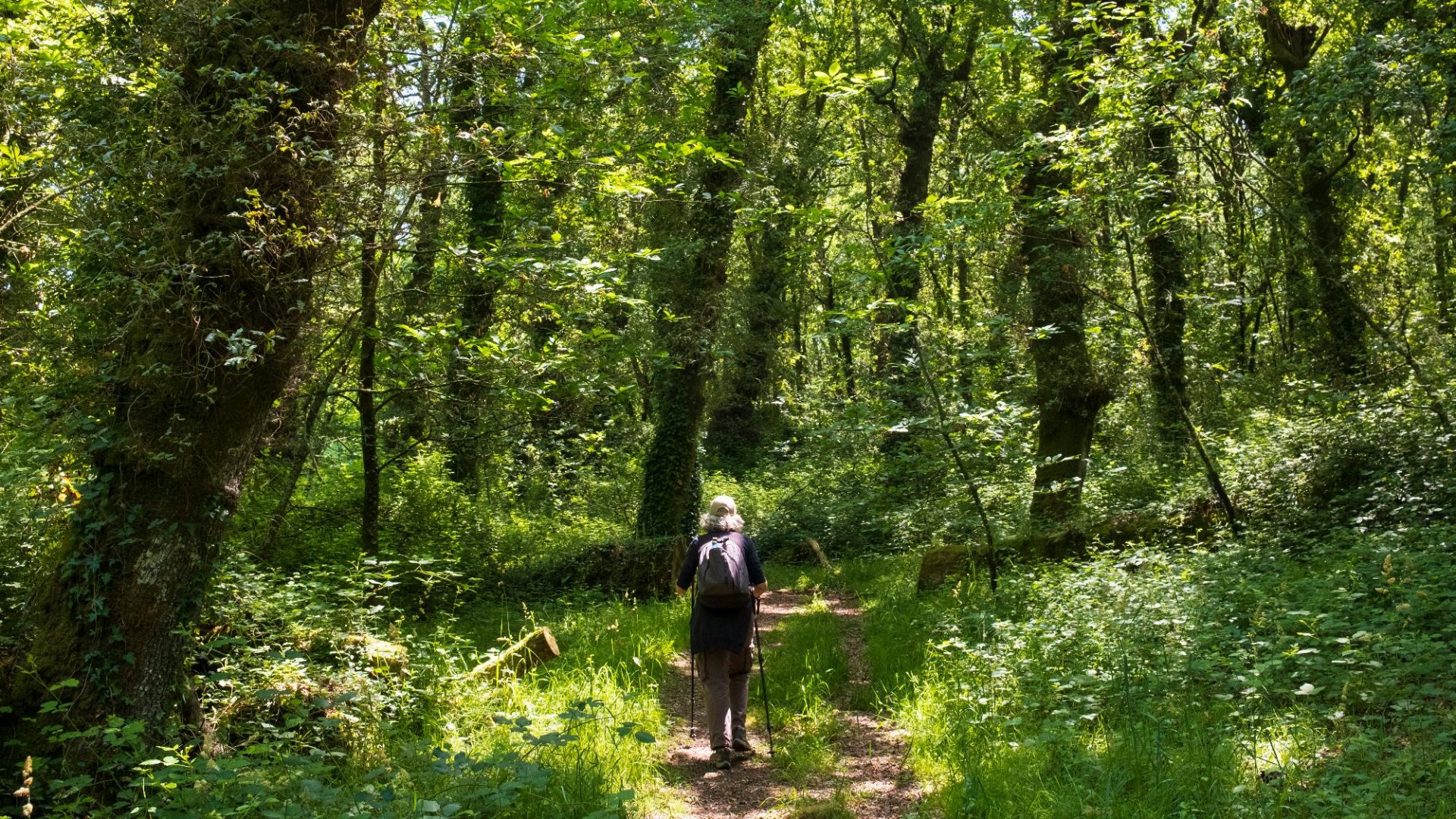Last week, the political journalist Isabel Oakeshott set the cat among the social media pigeons by suggesting that the prime minister has a secret. “There have long been rumours about Keir Starmer’s private life,” she said, speaking on TalkTV, where she holds the rather grand title of international editor. “They certainly aren’t to do with any doubts around his sexuality, if I can put it delicately. And it wouldn’t be fair to go any further than that.”
But she did go further, saying that it had been “an open secret at Westminster that those question marks have been around for a long time”, nodding and winking to the spurious idea that there might be a super-injunction preventing details becoming public (“Papers have been extraordinarily restrained in not reporting that speculation.”)
On her Substack, Inside the Right, Oakeshott went further still, teasing her subscribers with the notion that the media and political establishment are hiding the truth from them. “I’ve never really liked this whole thing where there are a lot of journalists and politicians that are in the know and they’re in a nice little club and they don’t tell anyone else,” she said in a paywalled video. “My instinct is always to put stuff out there if I can.” She added to the innuendo with a Telegraph piece headlined: “There’s more to Sir Keir Starmer than meets the eye – and it’s not looking good”.
For all the breathless talk of exposing dark secrets, all Oakeshott told her subscribers was that “there have long been really quite detailed rumours about the shape of Sir Keir Starmer’s family”. She went on to claim that there “have been at least one or two occasions when publications have been close to revealing something”.
Another political correspondent, well placed to talk about Westminster rumours, told me, “We’ve all heard them – lots of papers have checked them out – which Isabel definitely knows. So if anything I sense people who worked with her when she was more serious just think it’s a bit sad that she’s ended up looking like a knowing/disingenuous loon.”
And there was a time when Oakeshott appeared more serious. Born in Westminster, she was educated at St George’s girls school in Edinburgh and Gordonstoun in Moray, where King Charles was once a pupil, before getting a degree in history from the University of Bristol. She started her journalism career at the East Lothian Courier (“Probably the happiest job I ever had,” she told the Media Masters podcast in 2016) before spending time at the Edinburgh Evening News, the Daily Record, and in the Scottish newsrooms of the Daily Mirror and Daily Mail.
Oakeshott arrived in London in 2003 as a health correspondent for the Evening Standard but quickly joined the paper’s political team. When she made the jump to the Sunday Times as its deputy political editor in 2006, she emailed the Press Gazette to correct its (weird) description of her as having a lightly freckled nose: “I am, in fact, an entirely freckle-free zone. I attach a headshot. Hope you can clear all that up next week.”
Promoted to Sunday Times political editor in 2010, Oakeshott was named Political Journalist of the Year at the Press Awards in 2011. That same year, she broke the story that began her drift from victorious to notorious. Having persuaded Vicky Pryce to reveal how she had accepted speeding points on behalf of her then-estranged husband, the Lib Dem MP and cabinet minister, Chris Huhne, Oakeshott and her editor, John Witherow, handed over documents to the police. “We put up a ‘vigorous fight’,” Oakeshott wrote in the Sunday Times, “But eventually we were forced by the judge to give up the correspondence…”
A statement from the Crown Prosecution Service – then led by one Keir Starmer QC – told a different story. The newspaper challenged the court order but “subsequently consented to producing the material in question just before the appeal was due to be heard”. Oakeshott had burned her source, but in print she suggested that she was the victim: “[Pryce] had double-crossed me. While I was protecting her identity, she had been busy revealing all to a rival newspaper, the Mail on Sunday.”
Oakeshott had initially convinced Pryce not to go to the Mail on Sunday as it was a “fairly downmarket” newspaper and it would seem “tawdry” to go there. She demonstrated her expertise with tawdriness after she left the Sunday Times in 2014. In collaboration with Lord Ashcroft, the disgruntled former treasurer of the Conservative Party, she wrote 2015’s Call Me Dave, a biography of David Cameron, which is now forgotten but for one story – “Piggate”.
The book’s claim that Cameron had inserted his penis into a dead pig’s mouth during an initiation ceremony for the Piers Gaveston Society at Oxford was attributed to a single source – an MP and “distinguished contemporary” of the then-prime minister – and was described as “shocking”, “outrageous”, “bizarre” and “extraordinary”.
Those same adjectives could also be used to describe Oakeshott’s justifications for including the tale. Appearing at the Cheltenham Literary Festival, she admitted that the source “could have been slightly deranged”. While most of the country was still in hog heaven making pig puns, she claimed that “there [was] no need for burden of proof on a colourful anecdote where we’re quite upfront about our own reservations about whether to take it seriously”.
In the summer of 2016, following the Brexit referendum, Oakeshott was hired by one of Leave’s biggest financial backers, Arron Banks, to ghostwrite an account of the campaign called The Bad Boys of Brexit. Having hammered the book out in just 10 weeks, Oakeshott boasted that it was possible because Banks and his right-hand man Andy Wigmore had given her “access to their entire delicious email database, as well as all their text message records”.
What she didn’t mention, aside from a single reference to a meeting at the Russian embassy, were allegations that Banks had been in regular contact with Russian officials and businessmen between 2015 and 2017.
Those details suddenly became relevant in 2018 when journalists Carol Cadwalladr and Peter Jukes obtained evidence of Banks’s alleged Russian meetings and informed Oakeshott they were going to publish a story in the Observer.
In the months prior, she’d been a regular presence on TV political shows, shooting down the “conspiracy theories” about Russian involvement in the Brexit campaign. Suddenly, she claimed she had been planning to reveal the details all along, having revisited the documents that had been “gathering dust” in her attic. After suggesting she’d cooperate with the Observer’s reporting, Oakeshott quickly teamed up with the Sunday Times to rush out a spoiler article.
Oakeshott’s next big story came in 2019 when she published a series of articles in the Mail on Sunday – that “tawdry rag” – based on leaked diplomatic cables that revealed Britain’s then-ambassador to Washington, Sir Kim Darroch, had called Donald Trump “clumsy and inept”. The disclosures led to the ambassador’s resignation.
Oakeshott’s partner is Richard Tice, then a Brexit MEP and now an MP and deputy leader of the Reform Party. That association led to questions about the source of the leak, and how Tice, Nigel Farage, and other Brexit Party figures had responded to them. This time, Oakeshott said she had a duty to protect her sources and vehemently denied that Tice had seen the cables, though they admitted having talked about them.
The common denominator in each of these scoops is that Oakeshott is more than the reporter of them – she’s a character in them. That was particularly true last year when, having agreed to ghostwrite The Pandemic Diaries for Matt Hancock, the former health secretary, Oakeshott took the archive of more than 100,000 WhatsApp messages he had shared with her and handed them to the Telegraph. That was despite her contract with News UK’s TalkTV.
It resulted in a fiery clash with Cathy Newman on its sister station Times Radio, and Oakeshott ended the interview after Newman asked her: “You’ve ripped up an NDA to dump Matt Hancock in it. It’s not the first time. You also published an unsubstantiated allegation that an ex-PM engaged in a sex act with a dead pig. You’ve published emails from Arron Banks. How can any source trust you again?”
In a diary for the New Statesman, Iain Dale, who ran Biteback Publishing when it published Call Me Dave and who defended the decision to include the Piggate story, wrote of Oakeshott: “If there is a more slippery figure in British journalism, I am yet to come across them.” It’s a view that’s pretty widely shared.
Another political reporter, reflecting on Oakeshott’s speculation about Starmer, told me, “I don’t think anyone was surprised she’d lean into misinformation – and the Reform ecosystem she’s now part of is just flat-out weird.”
Read Oakeshott’s Substack and you’ll find pieces asking whether Reform is “the New Punk” and declaring ex-popstar Holly Valance and the former SAS trooper Ant Middleton as the party’s secret weapons. But this is not journalism. It’s PR.
Oakeshott is a pioneer of that growing group of individuals who pose as journalists, but who are in fact activists. She uses her access to the traditional right wing press as a means of furthering her own political aims, as well as those of the people close to her. She leaves a trail of destruction in her wake and strides on regardless.
There will no doubt be many more salacious scoops from Oakeshott. But the driving force behind them is never the public interest – it’s self-interest.



